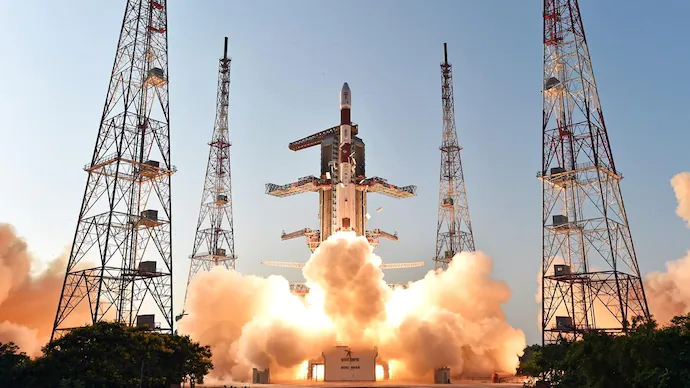
In a determined effort to accelerate technological advancement and bolster national development, the government has placed special emphasis on information technology, science, and space technology in the upcoming budget for the fiscal year 2023-24. A significant allocation of Rs18.5 billion has been proposed for these sectors, demonstrating the government’s unwavering commitment to harnessing their potential.
The budget outlines a range of initiatives and projects aimed at driving progress in these sectors while reducing the import bill, safeguarding national data, and promoting local manufacturing. Information technology takes center stage with projects focused on cybersecurity, digital infrastructure, and overall IT landscape enhancement. An impactful undertaking is the local manufacturing of smart cards, mobile SIMs, and chips, aiming to reduce import dependency and bolster data protection and national security. Strengthening the digital environment, the government plans to invest in smart policing initiatives to combat cybercrime effectively.
Recognizing the growing importance of digital education, the budget proposes the implementation of virtual education projects, leveraging technology to provide inclusive, quality education beyond geographical barriers. Supporting the digital workforce, funds have been allocated for training freelancers, nurturing a skilled workforce in the digital realm and fostering entrepreneurship.
Science and space technology advancements are given due attention, with a substantial number of projects earmarked for funding. Space research takes center stage, showcasing the government’s ambition to position the nation at the forefront of scientific and technological progress. Additionally, the budget includes initiatives such as the cyber-efficient parliament, aiming to improve governance and legislative processes through digital transformation.
Healthcare receives a boost through the One Patient-One ID project, digitizing medical records for streamlined access and improved healthcare delivery. Space technologies gain momentum with the establishment of the Pakistan Multi-Mission Communication Project, enhancing communication infrastructure for space missions, and the implementation of online satellite imaging for crucial insights in various sectors.
Agricultural research and development are prioritized, recognizing its significance in ensuring food security and economic growth. The establishment of the Hemp Authority and Testing Labs signifies the government’s commitment to promoting hemp cultivation for industrial purposes, diversifying agricultural practices, and fostering economic growth. Furthermore, investment in advanced seed technology aims to improve crop yields, enhance productivity, and support farmers in maximizing their output.
The substantial allocation of funds to information technology, science, and space technology in the upcoming budget reflects the government’s vision for technological innovation and national progress. Through cybersecurity measures, digital infrastructure development, space exploration, and agricultural research, the government aims to address challenges, reduce import dependency, and position Pakistan as a leading player in the global technological landscape. By investing in these sectors, the government envisions a future of economic growth, sustainable progress, and prosperity for its citizens.